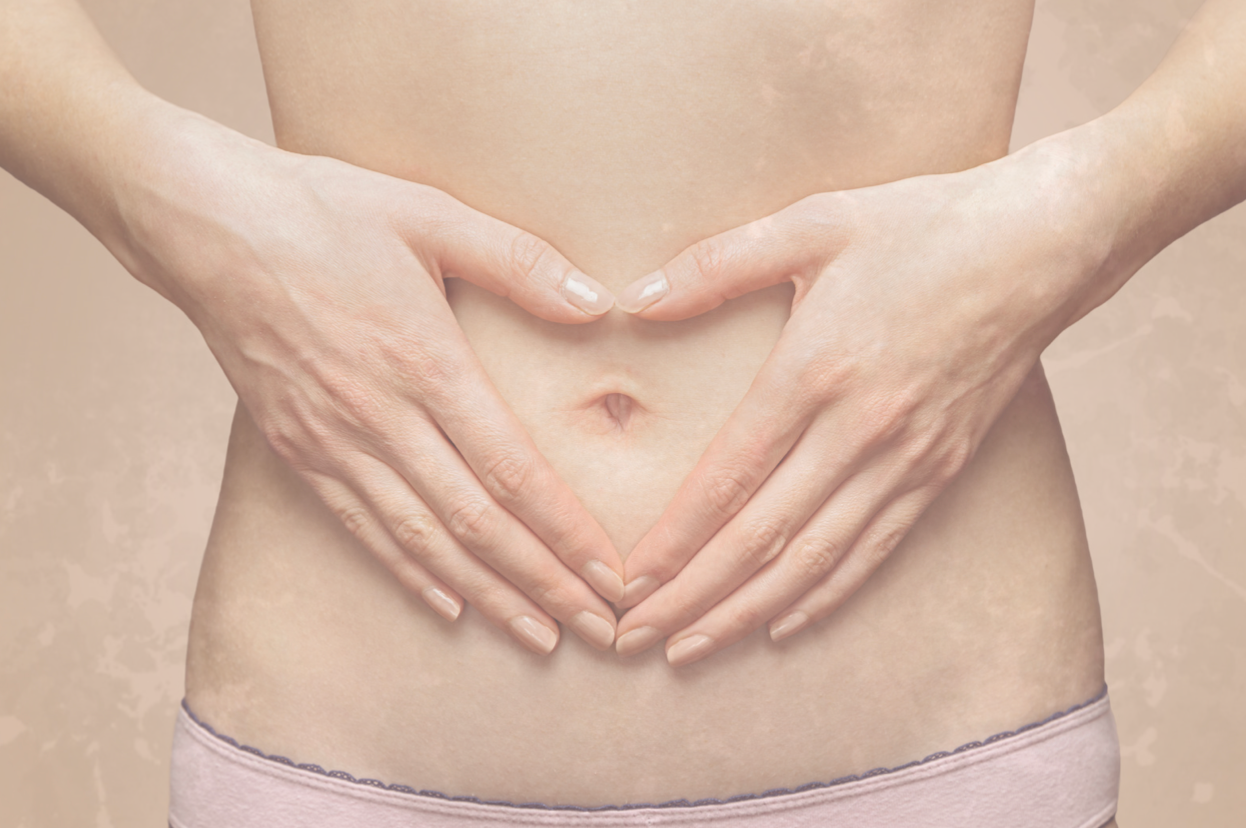What to expect during your preconception evaluation

What to expect at your preconception evaluation appointment
Your preconception evaluation is conducted at your health clinic and will include pre-pregnancy specific tests, evaluations and medical screenings, plus many of the standard screenings you receive as part of your regular annual visit.
Your examination is likely to include:
- A pap smear
- A pelvic, breast and abdominal exam
- Blood pressure reading
- Screening for any gynaecological conditions that might interfere with fertility or pregnancy including; uterine fibroids, irregular periods, benign tumours, polycystic ovarian syndrome (PCOS), endometriosis, or pelvic inflammatory disease (PID)
- Weight check to establish your BMI
- A urine test to screen for urinary tract infection and kidney disease
- A blood test to check your hemoglobin count (to test for anaemia) and to test your vitamin D levels (to make sure you’re not deficient)
- Rh factor (to see if you are positive or negative), rubella titer, (to check for immunity to rubella), varicella titer (to check for immunity to chicken pox), tuberculosis (if you’re at high risk for TB), hepatitis B titers (if you’re in a high-risk category, such as being a health care worker), cytomegalovirus titers (to determine if you’re immune to CMV), toxoplasmosis titers (if you have a cat, regularly eat raw or rare meat, or garden without gloves)
- Blood test to check your thyroid function
- A blood test and / or examination to check for sexual transmitted diseases
In some cases your healthcare provider may also offer you or your partner a mental health screening. Depression, anxiety disorders or any other mental health issue (which includes eating disorders) can interfere with conception and increase your risk of mood disorders during pregnancy and postpartum.
Childhood Vaccinations
Your healthcare team should discuss any childhood vaccinations you received. It is important to note that some vaccines require boosters and you want to make sure your immunity is top-notch before you have a baby on board.
The blood tests you’re getting at your preconception checkup will clue your doctor in to whether or not you have all the antibodies needed to keep you and your baby-to-be healthy during the gestation period. However, it’s not just about pregnancy - since infants aren’t fully immunised against some diseases until at least 6 months, your good health and antibodies will be vital in protecting your newborn baby’s health.
Keep in mind that once you conceive and during pregnancy, some vaccines will be off the table. Therefore if your antibody levels are low or you have some outstanding immunisations, ensure you get those at least a couple of months prior to conceiving.
The vaccinations your healthcare team will be looking for include:
Measles, mumps, rubella (MMR)
If you’ve never been immunised against this trio of serious childhood diseases, or if testing shows your immunity wore off (it can sometimes happen), you’ll need the MMR vaccine or a booster.
Chicken pox (varicella)
If you’ve never had chicken pox or weren’t vaccinated against it as a child, it’s recommended that you get the varicella vaccine pre-pregnancy.
Hepatitis B
If you’re at high risk for hepatitis B, it’s recommended that you get vaccinated against this prior to conception (the Hepatitis B shots come in a series of three).
HPV
If you become pregnant before completing the full series of HPV vaccinations, you’ll have to resume those postpartum as they are deemed unsafe to use during pregnancy.
What further fertility testing might my doctor do?
If you are healthy, without any known fertility issues, there will most likely not be any further testing. Depending on how proactive your practitioner is, if you are over the age of 35, or if you have preexisting conditions that may affect your fertility, additional tests may be done to assess certain fertility markers.
Generally these blood tests will look into the following:
- Your progesterone levels (testing around day 21 of your cycle to confirm that you’re ovulating)
- FSH and estradiol (testing for these two hormones on day 3 of your cycle can help determine how many eggs you have in reserve in your ovaries)
- AMH (testing for the anti-mullerian hormone which also measures ovarian reserves)
- If your doctor suspects you might have PCOS, testing for male hormones such as testosterone and DHEA-S may be ordered
